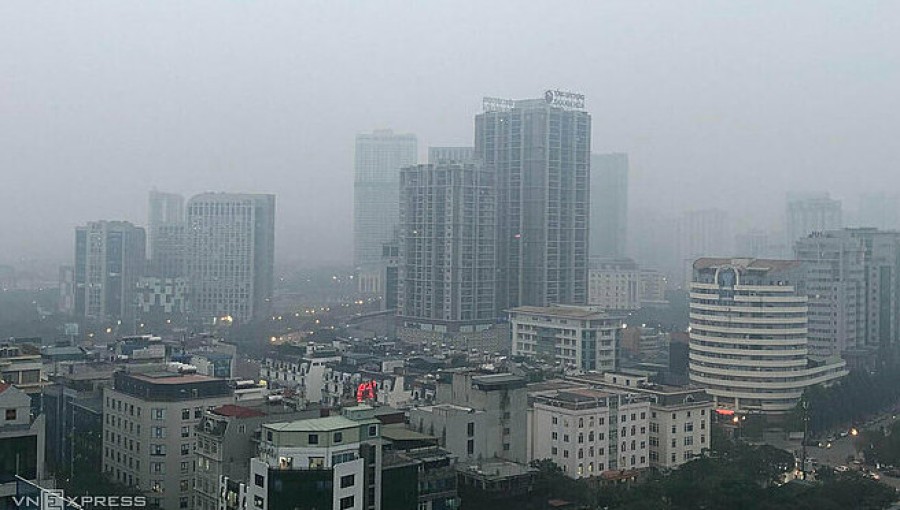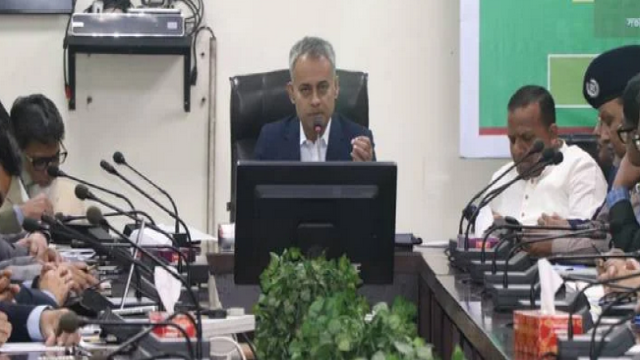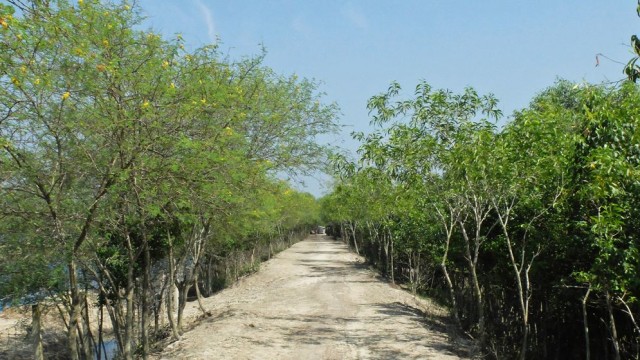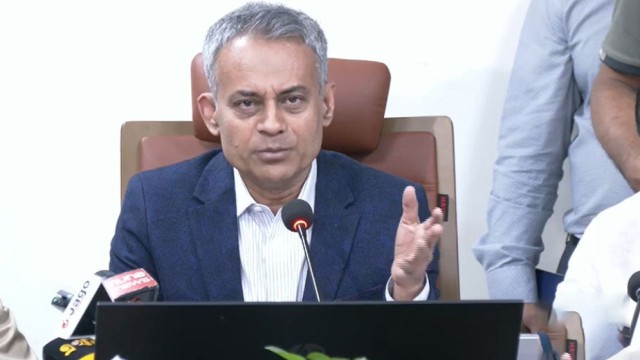Residents of Hanoi, Vietnam, including Nga Trang, are drastically altering their daily routines due to worsening air pollution in the city. A recent global report by IQAir ranked Hanoi among the world's worst capital cities for air quality in the previous year, prompting concerns from experts and locals alike about pollution's health impacts and economic consequences.
The residents of Hanoi, Vietnam, grapple with the detrimental effects of escalating air pollution, with many, like Nga Trang, forced to modify their daily habits to mitigate exposure to hazardous pollutants. The latest annual report by IQAir, a leading air quality technology company, designated Hanoi as one of the world's most polluted capital cities, shedding light on the severity of the issue.
Nga Trang, a Hanoian native aged 44, exemplifies the impact of air pollution on residents' lives, as she restricts her evening outings and forbids her children from playing outdoors due to the worsening pollution, particularly from burning trash in her neighborhood. This sentiment resonates across the city, where locals witness the tangible effects of pollution daily.
The World Health Organization (WHO) underscores the gravity of the situation, estimating that approximately 60,000 deaths annually in Vietnam are linked to air pollution, with associated healthcare costs reaching substantial figures. Experts emphasize the broader implications of pollution, warning of its adverse effects on tourism and the overall economy.
Efforts to address the sources of pollution, including vehicle emissions, industrial activities, and inadequate waste management practices such as burning rubbish, have garnered attention. WHO's representative in Vietnam, Angela Pratt urges authorities to establish maximum acceptable levels of air pollutants to safeguard public health.
Despite calls for action, Vietnam's health and environment ministries, as well as Hanoi authorities, remain silent on requests for comment and data regarding pollution-related diseases in the city, home to over 8 million people. The lack of transparency raises concerns about the government's commitment to tackling the issue effectively.
The repercussions of Hanoi's air pollution extend beyond health concerns, impacting vital sectors such as tourism, which plays a significant role in the country's economy. Foreign arrivals to cities like Chiang Mai in neighboring Thailand decline during periods of high pollution, while resident expats contemplate relocating to less polluted areas.
For residents like Giovanna Macchi, an Italian national residing in Hanoi for seven years, the deteriorating air quality prompts serious considerations about leaving the city altogether. Macchi, like many others, restricts her children's outdoor activities and discourages friends from visiting during periods of heightened pollution, reflecting the growing disillusionment with the city's environmental conditions.






























Comment: